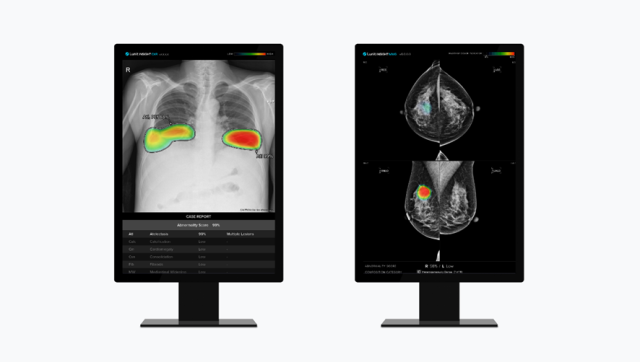Cypriot researchers design early cancer screening device
By Park Sae-jin
Posted : October 26, 2015, 15:42
Updated : October 26, 2015, 15:42
Dr. Julius Georgiou, who headed a team from the Holistic Electronics Research Laboratory at the university, said the breakthrough could be compared to the Papanikolaou test for detecting cervical pre-cancerous cells in the early stages in women.
Georgiou, an assistant professor at the Department of Electrical and Computer Engineering of the University of Cyprus, said the pill-sized capsule is aimed at a low-cost small intestine cancer screening which could help increase the rate of survival.
"The small intestine is largely inaccessible as opposed to the colon and by the time symptoms appear the cancer has reached advanced stages and has most likely metastasized to other organs," he said.
That explains the high mortality rate of small intestine cancer patients, though cancers of that kind are less frequent, only 2 percent of gastrointestinal malignancies.
The five-year survival rate of patients is only between 20 and 30 percent.
"The capsule is designed to detect micro-cancers in the small intestine, thus enabling early detection and removal of cancerous cells," Georgiou said.
The capsule record infrared fluorescence levels attached to pre-cancerous cells as it traverses the small intestine and stores the data onboard until it is expelled from the body.
Data can be wirelessly downloaded for inspection by the physician.
"The key advantage of infrared based markets is that the emitted wavelengths can be detected by the capsule even if they are located a few millimeters below the epithelium, where cancers start," Georgiou said.
By Ruchi Singh




